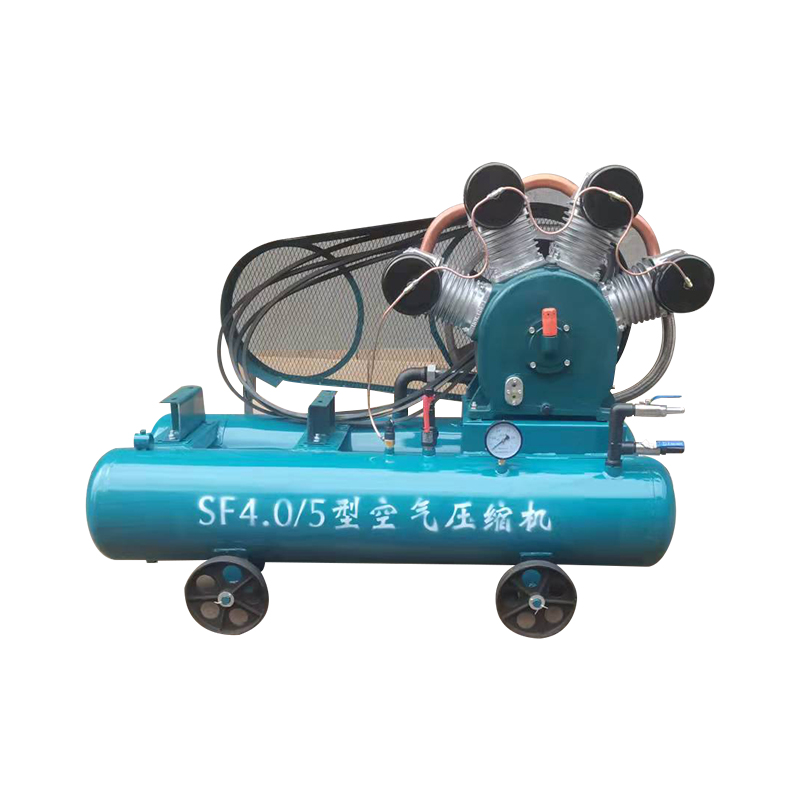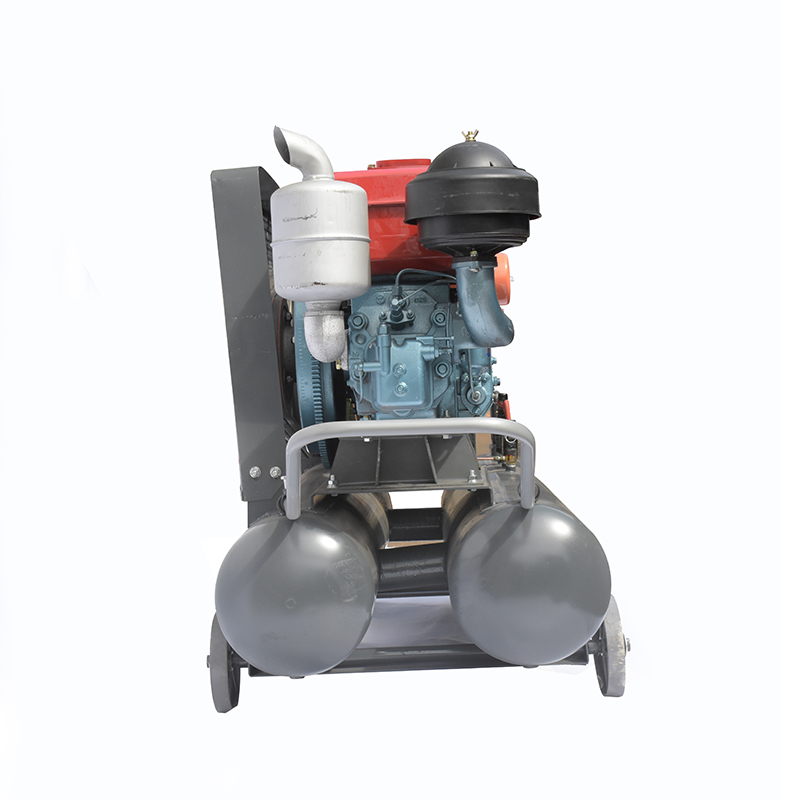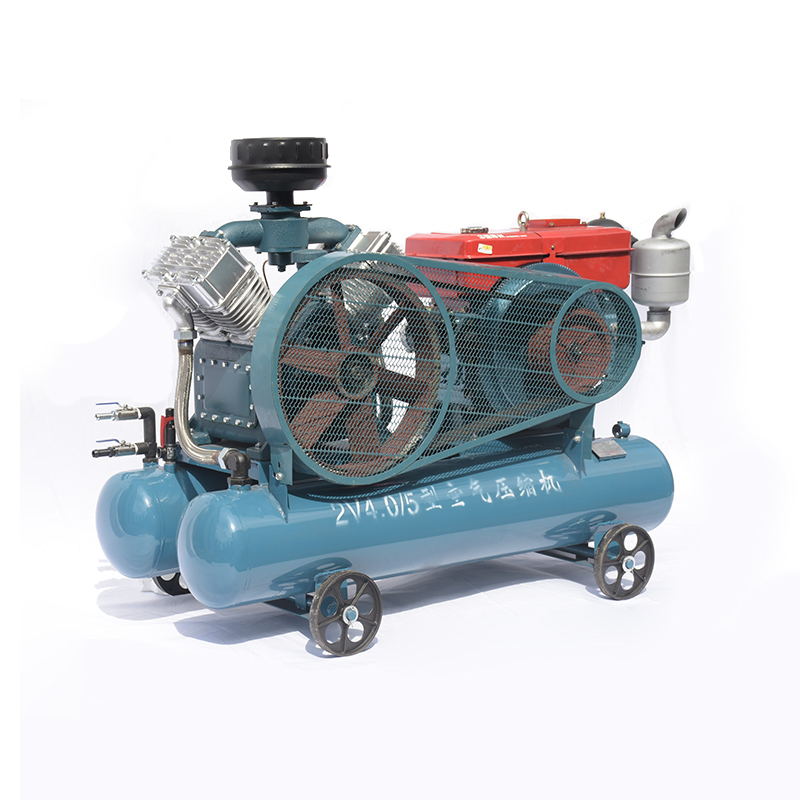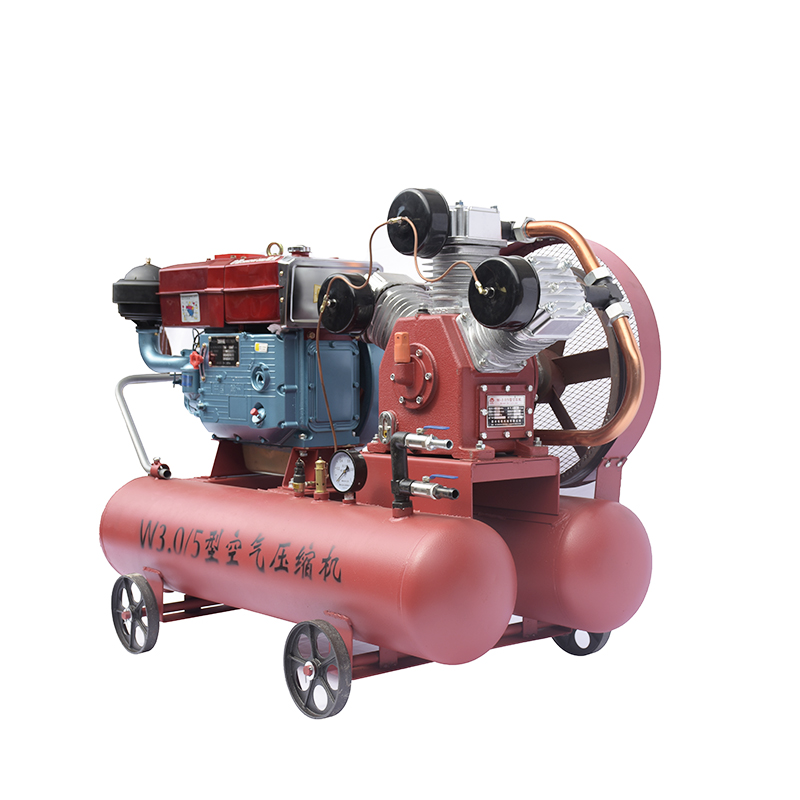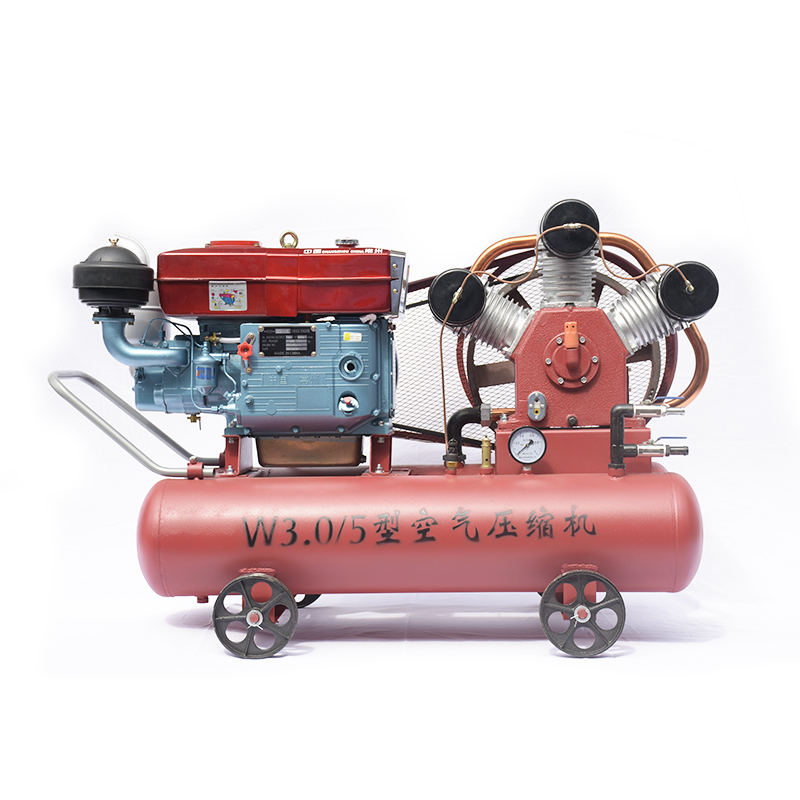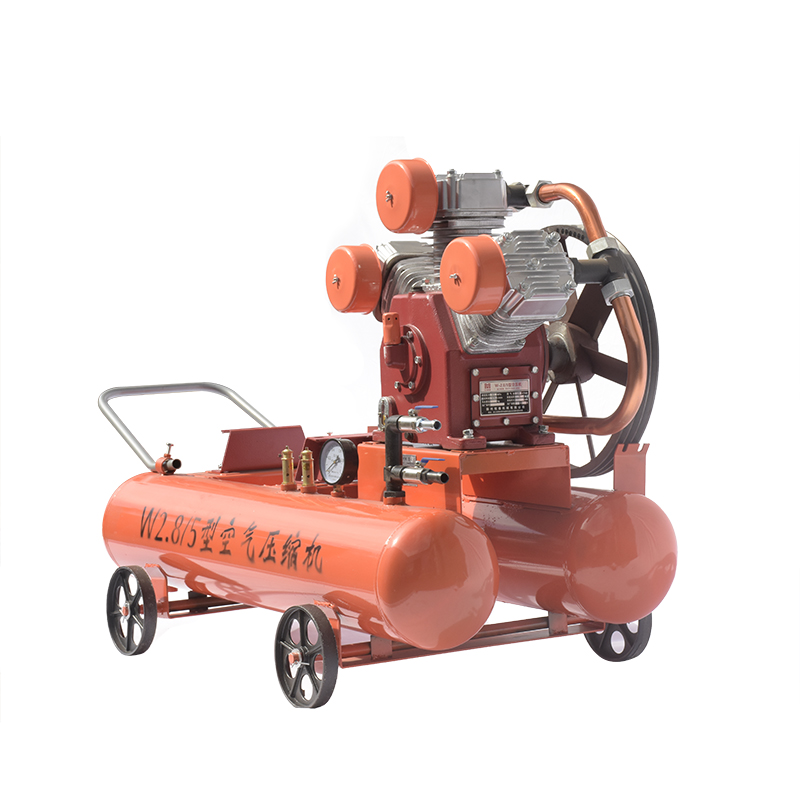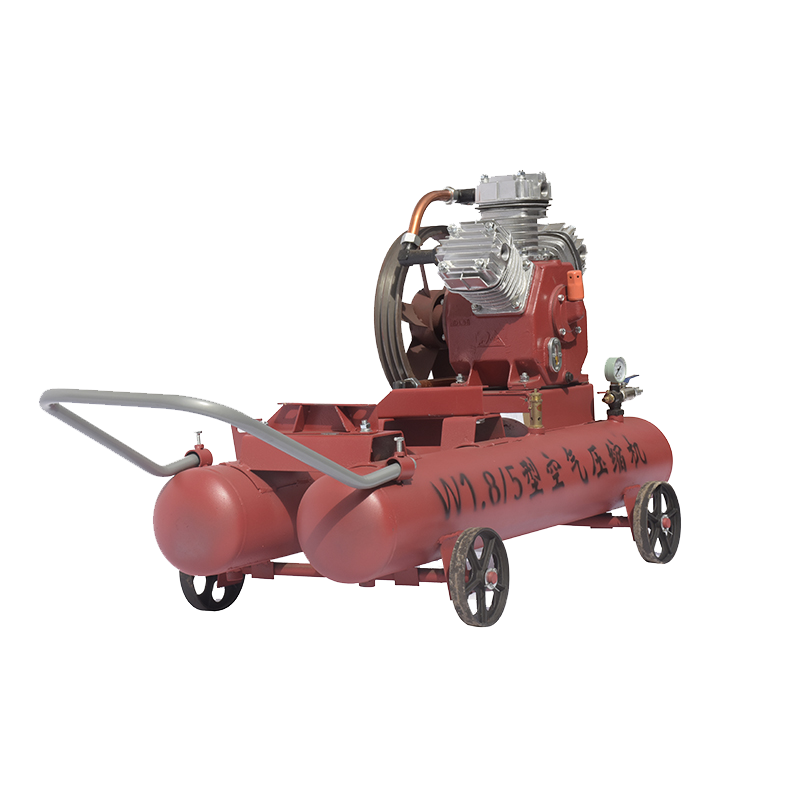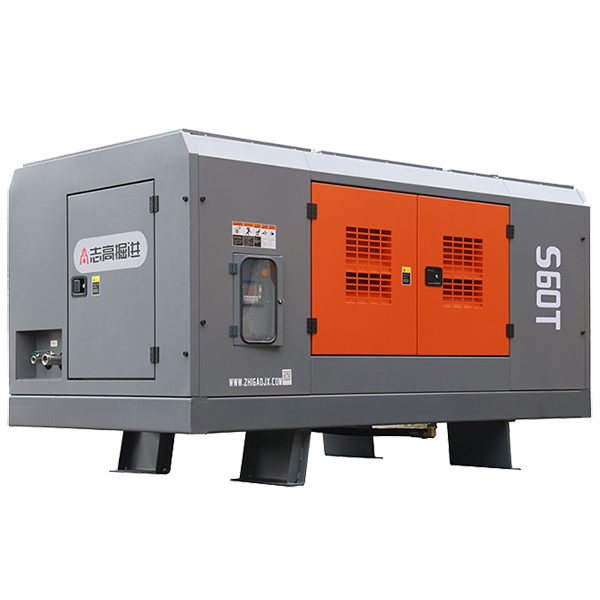With a motion to pressurize air, an air compressor acts as an engine, driving resources to spin airborne tools and apparatuses. It pushes air into a confined repository and projects strain against its walls until the intensity elevates to a determined point. At that point, the energy is discharged by means of a pipe into the mechanism subsequently launching it with a kinetic rush.
Unlike oil-lubricated compressors which require users to add oil regularly for upkeep, oil-free compressors can be left relatively unmaintained, aside from basic cleaning.
Compared to oil-free compressors, the main perk of an oil lubricated compressor is that it tends to run much cooler. The oil works to disperse any accumulating heat, resulting in a longer shelf-life due to the reduced temperatures.
The capability of an oil-lubricated compressor to retain cooling is one of its most advantageous qualities. This safeguarding measure providentially prevents the unit from overheating – a circumstance that is the primary source of the product’s downfall. Retaining a cool temperature considerably extends its shelf-life.
With an oil lubricated compressor, your maintenance costs can be greater than average. You may need to consistently purchase oil and routinely change it. On top of that, regular maintenance is essential for the unit’s upkeep, including a replacement of the air filter.
An oil-free air compressor is ideal if you want minimal maintenance, while an oil-lubricated unit will run more efficiently over the long-term and stay cooler for longer.
Post time: 2023-06-23


